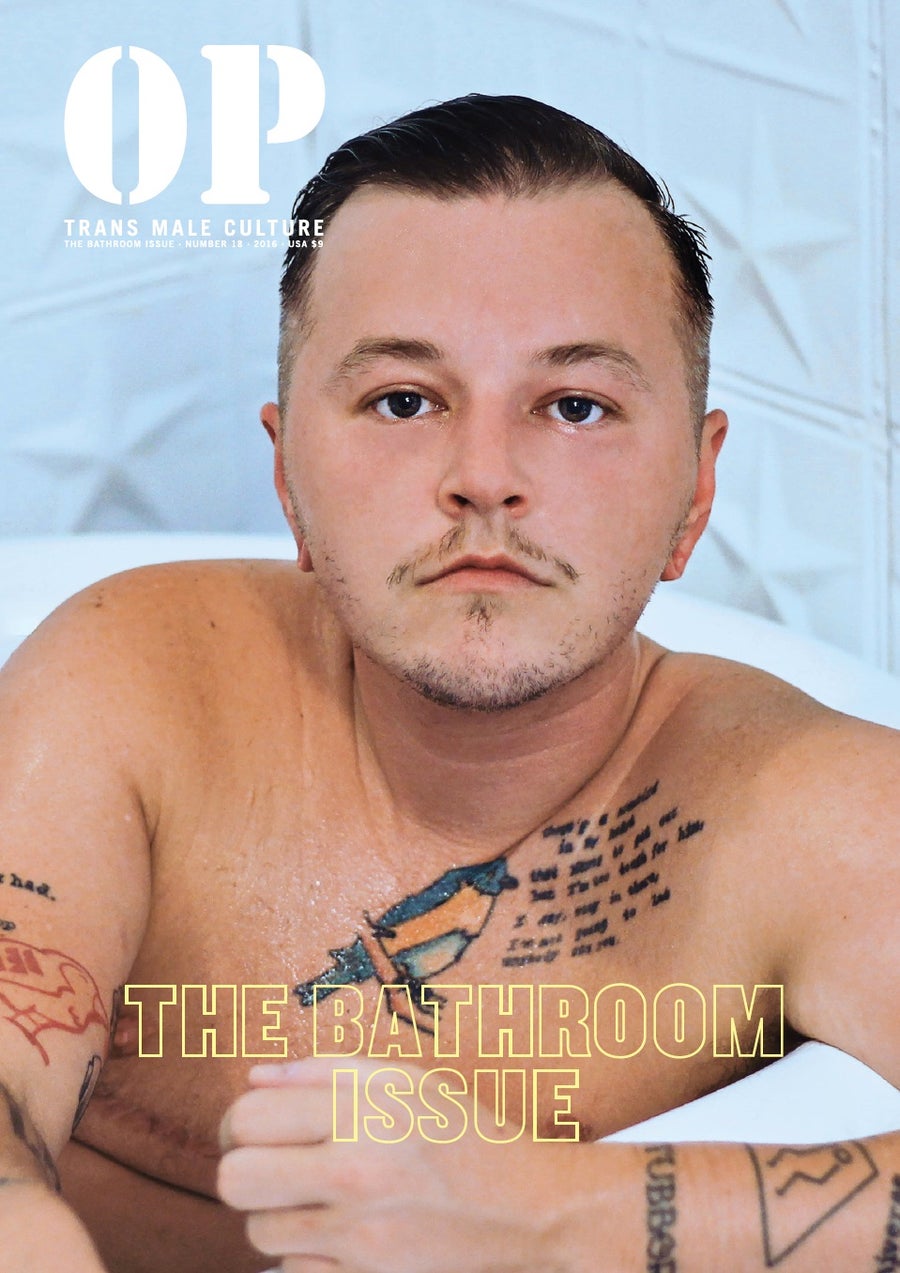PHASE is a two-pronged (film + poem) response to those who tell queer women ‘It’s just a phase.’
Artist/Scholar duo Samania (Samira Mahboub + Ania Catherine) release PHASE: A response to those who tell queer women ‘It’s just a phase‘. Samania, based on their experience as a couple and hearing comments such as ‘I don’t get it, I’m just worried about you, It’s just a phase’, decided to call out the less visible and seemingly innocent discourses around romantic love between women. ‘PHASE’ has two prongs: a Samania film strikingly shot/edited by LA-based creative Delaram Pourabdi and a poem by Ania Catherine.
‘It’s just a phase.’ Find a woman who hasn’t heard these words regarding her attraction to or relationship with another woman. ‘PHASE’ is a response. There has been a recent and drastic increase in the visibility of female-female relationships throughout media. As French intellectual Michel Foucault has written, ‘power’s success is proportiοnal to its ability to hide its own mechanisms’; ‘PHASE‘ highlights the less visible (and therefore underestimated) yet still powerful forms of heterosexism. Increased media presence should not be conflated with sexual equality. The social acceptability of such comments needs to be challenged, as these subtle forms of discrimination could be easily eliminated were people made more aware of their harm.
something is wrong
this is temporary
sweet but not serious
curious but not aware
ill but arousing
a beautiful phase
drowning in tears, not their own
fleeting, confused
oscillating between feeling and numbness
most depictions of confused women don’t reflect confused women
they reflect a confused gaze
a dirty lens
the dirt is invisible
it’s called discourse
a cocktail of history, stories, and science
accounts sans accountability
phase is your film, of which we wanted no part
what is seen through this frame is not reality
it is a view
a view that won’t define or lasso our experience
this gaze is not required
this gaze may seem loving
this gaze deceives you
what is a phase, is this gaze
not our experience
we politely exit
in our absence, your frame becomes visible
see you in the future
by Ania Catherine






